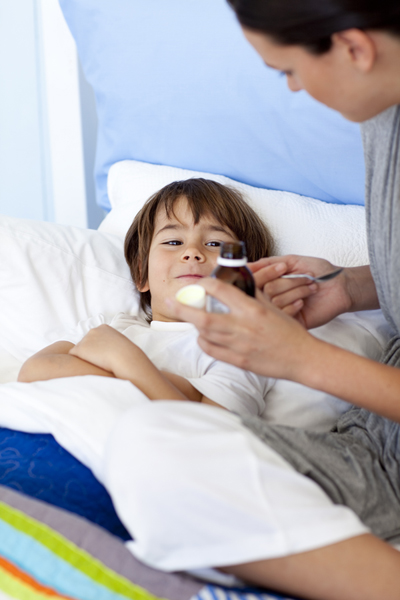- เกี่ยวกับเรา
- ผลิตภัณฑ์
- EXPLORE
- ประเภทผลิตภัณฑ์
- กลุ่มผลิตภัณฑ์
- ประเภทผิว
- บทความการดูแลลูก
- สั่งซื้อออนไลน์
- ติดต่อเรา
- สมัครสมาชิก
- เบบี้มายด์คลับ
- Power of Gentle Touch
- บทความการดูแลลูก
- Kids
- 5 Diseases you should know about when your child goes to school
5 Diseases you should know about when your child goes to school
Children learn a lot from school. They meet new friends and build their social skills, but that also comes with health risks, especially if their friends are unwell. When they come in contact with sick friends' mucus or saliva, they might get the disease as well. Here are a few tips on recognizing common diseases.

Strep throat
Symptoms: Fever, sore throat, but no coughing or stuffy nose
Spreading: It can easily spread when children are together. Your child can catch it from touching the same door knob or item touched by another child who has strep throat. If your child has strep throat, do not go to school and take him to see a doctor.
Prevention: Teach your child not to share personal items with friends, such as glass or spoon.
Rotavirus
Symptoms: Persistent fever and diarrhea. Some children have blood in their stool. Loss of appetite.
Spreading: Rotavirus can spread through physical contact especially if the child doesn't wash his hands well after using the toilet. This virus is actually found anywhere, but when the body is weak, the virus can cause the illness more easily.
Prevention: Teach your child to wash his hands every time he uses the toilet or plays at the playground, and not to put dirty items in his mouth.
Hand, foot and mouth disease
Symptoms: Fever and red blisters in the mouth and at the hands and feet. Some children have cold-like symptoms.
Spreading: Through bodily secretions such as mucus, saliva and urine.
Prevention: Keep your child's personal items clean, such as glass, toys, and school bag. The school should also try to keep the children clean and look out for any sign of this disease. If a child is diagnosed with hand, foot and mouth disease, he must not come to school.
Chickenpox
Symptoms: Fever, sore throat, and blister-like rash starting on the tummy or back.
Spreading: The virus can also be transmitted through the air and through direct contact with secretions from the rash. Contagious period is until the rashes are completely gone.
Prevention: Get your child vaccinated at 12-18 months and 4-6 years. Children who are vaccinated can still have chickenpox, but the symptoms will be less severe and the recovery will be faster.
Conjunctivitis
Symptoms: Eye irritation and fever
Spreading: Through direct contact
Prevention: Avoid touching the secretion from the eyes and do not share personal items with a person with conjunctivitis. If the child has conjunctivitis, he should not go to school.
ครีมอาบน้ำเด็ก
แป้งเด็ก
สบู่ก้อน
โลชั่น ครีมทาผิวเด็กและเบบี้ออย
สบู่เด็ก
แชมพูเด็ก
น้ำยาซักผ้าเด็ก
น้ำยาปรับผ้านุ่มเด็ก
น้ำยาล้างขวดนม
ชุดของขวัญ
ผลิตภัณฑ์สำหรับผู้ใหญ่
จันทร์ – ศุกร์ ( 08.00 น. – 17.00 น. )
โทร : 0-2351-1111
อีเมล : This email address is being protected from spambots. You need JavaScript enabled to view it.
© 2021 Osotsapa Company (Limited), All Rights Reserved. Privacy Policy/Terms of Service/CA Transparency Act


